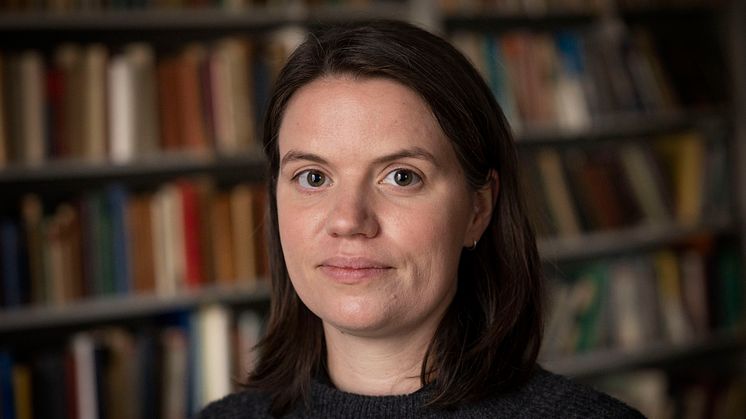
Press release -
Violence against female politicians disrupts democracy
Most women and men in prominent political positions are exposed to violence every year, and leading female politicians are those who are targeted most. The gender gap in targeting increases with the level of power: the higher up in the political hierarchy a person is, the greater the difference between women and men. A new doctoral thesis in political science from Uppsala University shows that this disrupts the political equality on which representative democracy rests.
“Violence against politicians in general disturbs the functioning of democracy. The fact that women are particularly subject to threats increases women’s political marginalisation. In stark contrast to the democratic principle of political equality, female politicians appear to operate under significantly worse conditions than their male counterparts and are hindered in their role as political representatives,” says Sandra Håkansson, doctoral student in political science who is now presenting her thesis.
It is becoming increasingly common for politicians to be subjected to threats, harassment and intimidation. Both psychological and physical violence towards elected representatives have direct implications for democracy. Prominent female politicians are harassed and silenced to a greater extent than their male colleagues.
“Modern democracy is based on the principle that political representatives work on behalf of the people they are supposed to represent. Hindering representatives in that process undermines the entire democratic system. Attacks targeting female politicians can have particularly serious consequences as they can reinforce gender inequality in politics,” Håkansson says.
The thesis consists of three papers.
The first shows that both women and men in high political positions, such as members of the Riksdag (the Swedish Parliament), chairs of municipal executive boards or committee chairs, are often exposed to psychological violence within the framework of their official duties. Most of them are subjected to some form of violence every year and leading female politicians are those who are targeted most. The gender gap in targeting increases with the level of power: the higher up they are in the political hierarchy, the more the women are targeted compared with the men. The study has drawn on econometric methods and is based on material from the Politician’s Safety Survey conducted by the Swedish National Council for Crime Prevention. This is the largest questionnaire corpus available in the world dealing with politicians’ exposure to physical and psychological violence.
The second paper shows that members of society are more inclined to address complaints to female politicians than to male politicians, regardless of the politician’s formal position. This increases the risk of threats and harassment towards female politicians and probably partly explains the greater exposure of female politicians to violence. The study is based on a questionnaire survey with 6,000 respondents, half of them in Sweden and half in the United States.
In the third paper, based on a combination of questionnaires and interviews with politicians, Håkansson has studied the consequences of politicians’ exposure to violence for political representation. The result show that the consequences are more far-reaching for women’s political representation than for men’s.
“For example, because of the violence, both male and female politicians refrain from public debate and from engaging in certain issues, but women do so considerably more than men. Another consequence of violence against politicians is that male-coded characteristics such as strength, courage and non-sensitivity, become more important for politicians. This can put women at a disadvantage, as they are often assumed to be the opposite,” Håkansson concludes.
Doctoral thesis: Håkansson, S. (2023), Politicians Under Threat. Gender Aspects of Violence against Political Representatives, Acta Universitatis Upsaliensis. ISBN 978-91-513-1880-6, https://urn.kb.se/resolve?urn=urn:nbn:se:uu:diva-500994
For further information:
Sandra Håkansson, doctoral student, Department of Government, Uppsala University, Sweden, email: sandra.hakansson@statsvet.uu.se, phone: +46-73-694 60 05
Topics
Categories
Founded in 1477, Uppsala University is the oldest university in Sweden. With more than 50,000 students and 7,500 employees in Uppsala and Visby, we are a broad university with research in social sciences, humanities, technology, natural sciences, medicine and pharmacology. Our mission is to conduct education and research of the highest quality and relevance to society on a long-term basis. Uppsala University is regularly ranked among the world’s top universities. www.uu.se

